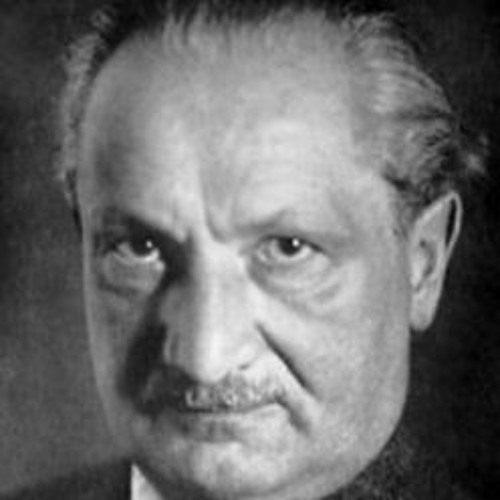


He resigned his position as rector in early 1934.

It was in this year that Heidegger joined the National Socialist Party in fact, in his inaugural address at the university, The Role of the University in the New Reich, he decried freedom of speech in the interests of national unity, and lauded the advent of a glorious new Germany. Heidegger was appointed Professor of Philosophy at the University of Marburg in 1923 he was subsequently, in 1929, elected Husserl’s successor to the Chair of Philosophy at Freiberg and then elected rector in 1933 under Hitler’s recently inaugurated regime. Heidegger, moreover, developed his own hermeneutic or method of interpretation of texts his later work focuses increasingly on the analysis of poetry and language.īorn into a Roman Catholic family, Heidegger was originally trained in theology, writing a thesis on Duns Scotus (1915) his philosophical studies at Freiberg University, where Husserl was Professor of Philosophy, brought him into contact with the work of Husserl and Brentano, as well as thinkers in the neo-Kantian tradition of Windelband and Rickert. Heidegger argued that we had inadequately addressed the question of what Being is, and that the answer to this question would determine the future of humankind. His major work, Sein und Zeit ( Being and Time), was published in 1927, making an immediate impact in both the halls of professional philosophy and the educated reading public. Influenced by the phenomenological method of his mentor as well as by writers in the hermeneutic tradition of Friedrich Schleiermacher and Wilhelm Dilthey, Heidegger’s central project consisted in a radical reexamination of the notion of “being,” in its intrinsic relationship with time. His impact extends not only to existentialist philosophers such as Merleau-Ponty, Sartre, and Simone de Beauvoir but also to psychiatrists such as Ludwig Binswanger and to theologians such as Rudolf Bultmann, Paul Tillich, Martin Buber, and Karl Barth, as well as to poststructuralist thinkers such as Jacques Derrida. Husserl’s student Martin Heidegger (1889–1976) proved to be one of the most influential philosophers of the twentieth century, and the major modern exponent of existentialism.


 0 kommentar(er)
0 kommentar(er)
